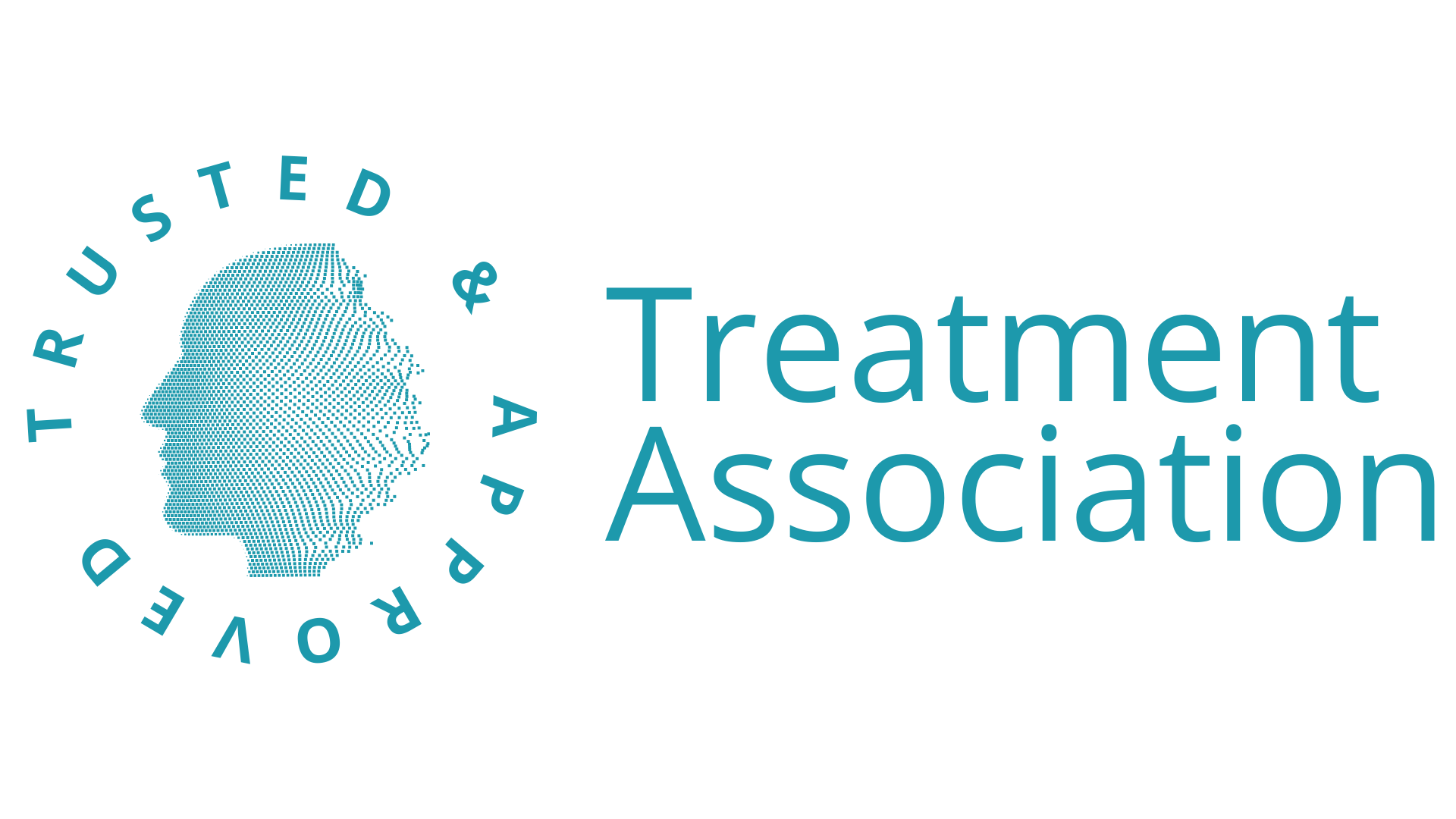When it comes to finding the right treatment facility for yourself or a loved one, there are many factors to consider. One of the most important is the location of the facility. The location can impact the quality of care, the level of support available, and the overall success of treatment. In this blog post, we’ll explore why researching treatment facilities and their locations is essential and how it can benefit your recovery.
The Impact of Location on Treatment
The location of a treatment facility can have a significant impact on the quality of care and the level of support available. Here are some ways that location can impact treatment:
- Accessibility: If a treatment facility is located too far away, it can be difficult for patients and their families to access it. This can lead to missed appointments, delayed treatment, and increased stress. It’s essential to choose a location that is accessible to you and your family.
- Community Support: Being in a supportive community can be critical to the success of treatment. If a facility is located in a community that is unsupportive or hostile, it can make it challenging to stay focused on recovery. It’s important to choose a location that is welcoming and supportive of those in recovery.
- Environmental Factors: The environment in which treatment takes place can impact the success of treatment. If a facility is located in an environment that is stressful or triggering, it can be difficult for patients to focus on recovery. It’s important to choose a location that is calming and conducive to healing.
The Benefits of Researching Treatment Facilities and Their Locations
Researching treatment facilities and their locations can help you find a facility that is the best fit for you or your loved one’s needs. Here are some benefits of doing your research:
- Quality of Care: By researching treatment facilities, you can find facilities that have a proven track record of providing high-quality care. You can also look for facilities that specialize in the specific type of treatment you need.
- Support: Researching treatment facilities can help you find facilities that offer support for families, as well as patients. This can include things like support groups, educational resources, and family therapy sessions.
- Location: Researching treatment facilities and their locations can help you find a facility that is accessible, supportive, and conducive to healing.
How to Research Treatment Facilities and Their Locations
Researching treatment facilities and their locations can be a time-consuming process, but it’s essential for finding the right treatment. Here are some tips to help you get started:
- Use a Trusted Directory: Use a trusted directory like the Treatment Association to find certified treatment facilities in your area.
- Read Reviews: Read reviews from former patients and their families to get a sense of the quality of care and the level of support available at different facilities.
- Visit Facilities: Schedule visits to different facilities to get a sense of the environment and the level of care.
The Bottom Line
Researching treatment facilities and their locations is essential for finding the right treatment for yourself or a loved one. The location can impact the quality of care, the level of support available, and the overall success of treatment. By doing your research, you can find a facility that is accessible, supportive, and conducive to healing. Don’t wait any longer to get the help you or your loved one needs.

